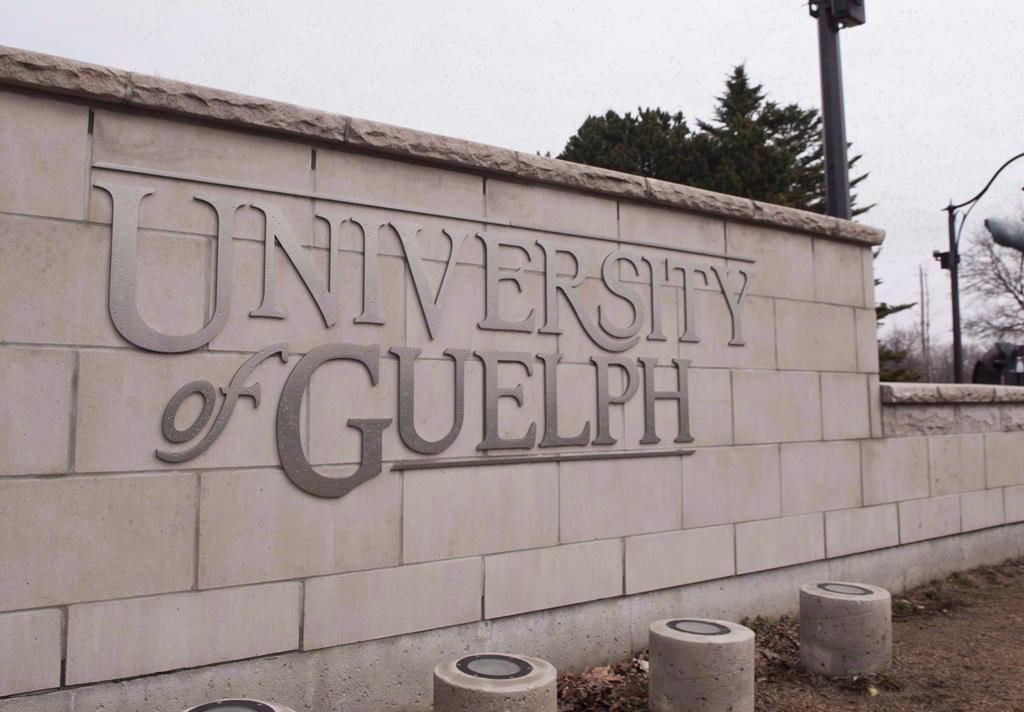There is less soil across Canada as a recent report from the Senate of Canada projects concerns about the future of food production.

However, a group of researchers at the University of Guelph are hopeful for improvement.
Kari Dunfield is one of three researchers at the Soils at Guelph project, which aims to find ways to protect the health of soil in Canada and share that information with farmers, the industry and the public.
“I think as Canadians, we’re really just lucky we have all these natural resources across Canada, and a huge amount of diversity, and of course soil,” Dunfield said.
Dunfield, along with Laura Van Eerd and Claudia Wagner-Riddle, started the project in 2019 and have conducted soil health research across the province.
By networking and collaborating, she believes the team’s approach is an effective one.

Get daily National news
“I think we need to start at that level where everybody understands that soils are important, and not just dirt,” she said.
The team wants to work with other provinces as well, she said.
Dunfield said there needs to be a toolbox of ideas that they can talk to people about, knowing that these are things that might work. Afterwards, it’s up to individuals to decide which strategies work for them.
And since starting the project five years ago, Dunfield has learned there are a lot of people interested in protecting soil. She said it’s important to get more people involved.
“We started this a few years ago,” she said. “We’ve grown from an idea that someone had to a network of hundreds of people we’re connecting with.”
There is no one-size-fits all approach and she said their team is trying to connect with those interested in protecting soil, in addition to working with soil owners or farmers, to propose realistic solutions.
She said soil isn’t renewable and is in crisis due to erosion, pollution or loss to development. Dunfield said soil is not only important for growing food but for the economy.
“It’s a hugely important resource for our country and I think we need to remember it’s there and it’s doing a lot for us,” she said.
As the team hits the five-year mark, Dunfield believes they’re just getting started in their research.
“There’s just so much more to do to protect soils in Canada that we feel like we’re just getting going,” she said.
“We’re going to be working with different communities across Canada to try to use our approach across the country.”








Comments